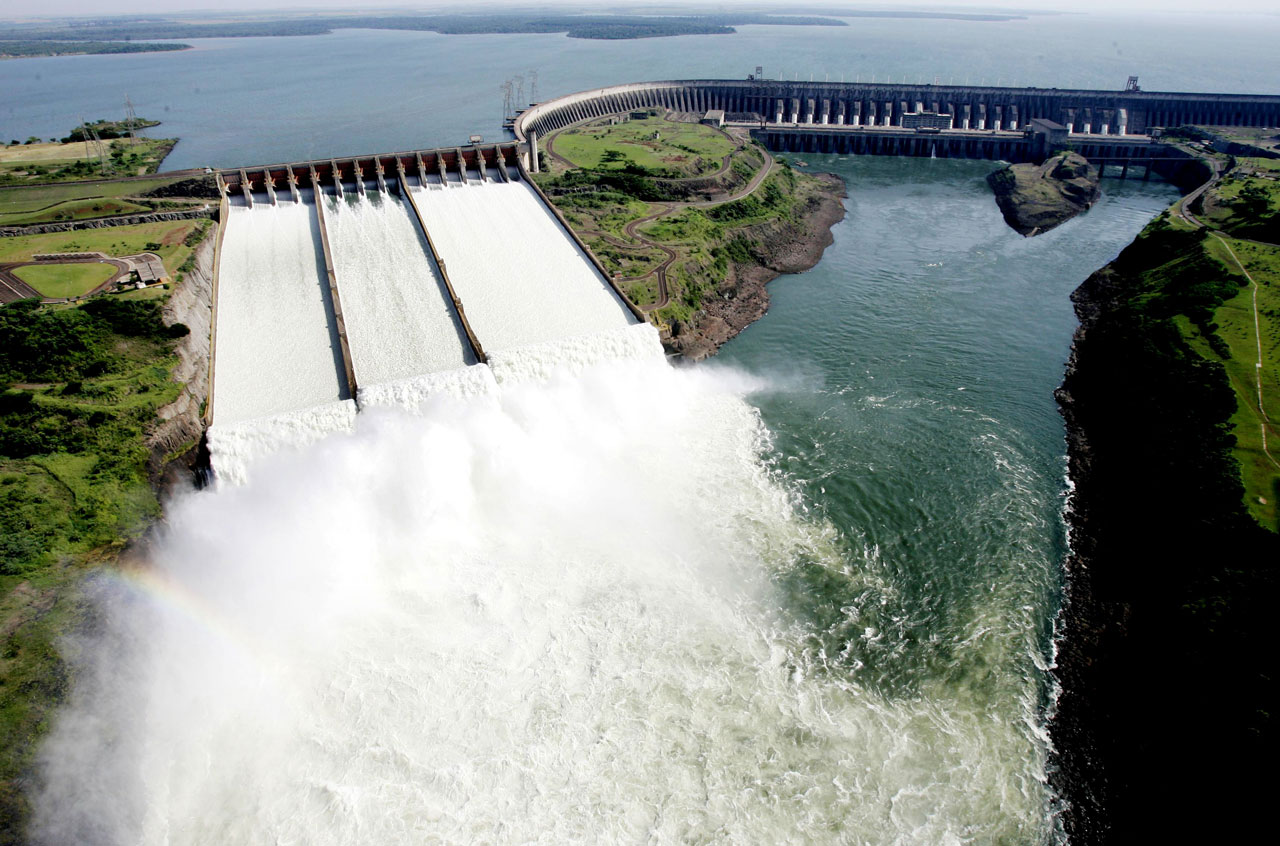Bolsonaro’s 11th hour privatisation of state energy giant Eletrobrás has provoked dismay, despite neoliberal efforts to spin it positively. Former president Lula connects the cut-price sell off directly with Brazil’s hunger crisis, amidst families forced to choose between food and energy, with the cost of the both rising.
It was the type of move which explains why Wall Street backed neofascist Jair Bolsonaro for the presidency so enthusiastically, as they had the impeachment of Dilma Rousseff before that.
With only months left of his mandate, the fire-sale of Eletrobrás along with the planned privatisation of Petrobras are the holy grail for Wall Street, and seen as a fatal blow for Brazilian sovereignty and energy self-sufficiency.
Having tried and failed for twenty years to get a Brazilian president elected who was committed to privatisation of state companies since Fernando Henrique Cardoso in 1998, Bolsonaro’s dubious ascendance, side by side with his Chicago boy Economy minister Paulo Guedes, was met with jubilation from international capital.
In January 2019, Wall Street lobby and think tank Council of the Americas was breathless in its praise of Paulo Guedes and the economic policy of the incoming Bolsonaro regime: “To the attendees of the World Economic Forum: This week in Davos, you will meet a man who seems destined to change Brazil for the better. Brilliant and disciplined, he has put together a truly first-rate team. In just three weeks in office, he seems to have correctly diagnosed what ails the world’s most disappointing large economy of recent years. There in the Swiss Alps, he will present his plan for fixing it; you will likely be dazzled. This man’s name is Paulo Guedes.” enthused Americas Quarterly Editor in Chief, and COA Vice President of policy, Brian Winter.
Council of the Americas member Barings Bank could not contain their enthusiasm for the election of Bolsonaro, calling it “a new frontier”. “Jair Bolsonaro’s election as Brazil’s president in October 2018 was momentous: this was the first time since the establishment of the country’s 1988 constitution that a clear right-leaning mandate had won a national vote. Many market commentators have recognized that his appointment has the potential for positive economic transformation,”it proclaimed.
Canadian national public broadcaster CBC responded to Bolsonaro’s election with an article headlined ‘What a far-right Presidency in Brazil means for Canadian Business’: “Brazil’s new president elect, Jair Bolsonaro, is a right-winger who leans towards more open markets. This could mean fresh opportunities for Canadian companies looking to invest in the resource-rich country,” it announced on social media.
With its enormous hydro-electric generating capacity, english language media platforms have similarly celebrated the Eletrobrás selloff.
Canada Pension Plan Investment Board and Singapore’s Sovereign Wealth Fund will now join Jorge Paulo Lemann’s 3G Radar investment vehicle and become major shareholders in Eletrobrás, with the latter expected to take control of the company. Swiss-Brazilian Lemann, investment banker and owner of Ambev, has the most skin in the game. He was an influential supporter of the 2016 coup against Rousseff, which set Brazil on its current course of privatising major state assets.
Lula, issued a solemn statement in response to the Eletrobrás sale, connecting it directly to the hardships faced by Brazilians since the shift towards an unforgiving neoliberal policy under Michel Temer in 2016, the so called “bridge to the future”, an economic direction which has hardened under Bolsonaro.
“About 33 million Brazilians are starving. People are forced to choose between buying food or paying the electricity bill, which continues to rise. And what does the government do? Privatize Eletrobrás, to increase the electricity bill even more.
Not satisfied with bringing back hunger, unemployment, inflation and other scourges that we had managed to overcome, the current government insists on committing yet another crime against Brazil and the Brazilian people: selling Eletrobrás, for the price of a banana.
Such pressure to hand over the largest energy generation company in Latin America, responsible for almost 40% of the energy consumed in Brazil, has only one explanation: fear of defeat in the October election, and the consequent end of their handouts from public money.
Eletrobrás was built over 60 years, with the sweat of generations of Brazilians. The result of this crime against the country is the loss of our energy sovereignty. It is the delivery of an essential asset to the development of an entire country for entrepreneurs who only aim at profit.
Losing Eletrobrás is also losing Furnas, Chesf, Eletronorte and Eletrosul, among other strategic companies. It is also losing part of the sovereignty over some of our main rivers, such as the Paraná River and the São Francisco River.
It’s saying goodbye to programs like Luz para Todos (Light for all), responsible for bringing about 16 million Brazilians into the 21st century who used to live in darkness, without access to even a glass of cold water.
It is to increase even more the electricity bill, which today already weighs not only on the pocket of the worker, but also on the budget of the middle class.”
Workers Party president Gleisi Hoffman has questioned the Bolsonaro government’s authority to push through these last minute sell-offs. Lula has vowed to reverse Bolsonaro and Guedes’ privatisations if elected in October, in what he calls “a restoration of sovereignty”.
[qpp]

